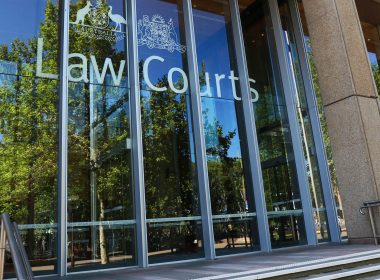Snapshot
- A recent Victorian decision has clarified that actual knowledge is required to engage the implied undertaking.
- When receiving information, solicitors should be satisfied they are not being wilfully blind or reckless as to their knowledge of that information’s provenance.
- When providing documents to clients, solicitors should ensure clients understand that wider disclosure is not permitted, as this may amount to contempt of court.
The recent decision of Re Ramsay Health Care Australia Pty Ltd [2022] VSC 226 (‘Ramsay’) highlights the need for parties to be vigilant in managing the risks arising from the implied undertaking, both when receiving information that was produced pursuant to compulsory court processes, and when providing such material to clients.
What is an implied undertaking?
The implied undertaking, often referred to as the ‘Harman undertaking’, was enunciated by the High Court of Australia in Hearne v Street (2008) 235 CLR 125 (‘Hearne v Street’):
‘Where one party to litigation is compelled, either by reason of a rule of court, or by reason of a specific order of the court, or otherwise, to disclose documents or information, the party obtaining the disclosure cannot, without the leave of the court, use it for any purpose other than that for which it was given unless it is received into evidence ’ (at [96]).
The implied undertaking is further reinforced by Uniform Civil Procedure Rule 21.7 and Federal Court Rule 20.03.
The undertaking is to the court, not to the producing party – a person can only be released from the obligation by the court (Hamersley Iron Pty Ltd v Lovell (1988) 19 WAR 316, 321). Otherwise, a breach is treated as contempt (Ainsworth v Hanrahan (1991) 25 NSWLR 115, 168-169).
What documents does implied undertaking apply to?
The implied undertaking applies to ‘documents inspected after discovery, answers to interrogatories, documents produced on subpoena, documents produced for the purposes of taxation of costs, documents produced pursuant to a direction from an arbitrator, documents seized pursuant to an Anton Piller order, witness statements served pursuant to a judicial direction and affidavits’ (Hearne v Street at [96]).
The obligation extends to ‘copies of those documents and information derived from these documents’ (Fotopolous v Commonwealth Bank of Australia [2017] VSC 461 at [33]), even when information is stored in the mind (Jones v Treasury Wine Estates Limited (No 4) [2020] FCA 1131 at [67]).




